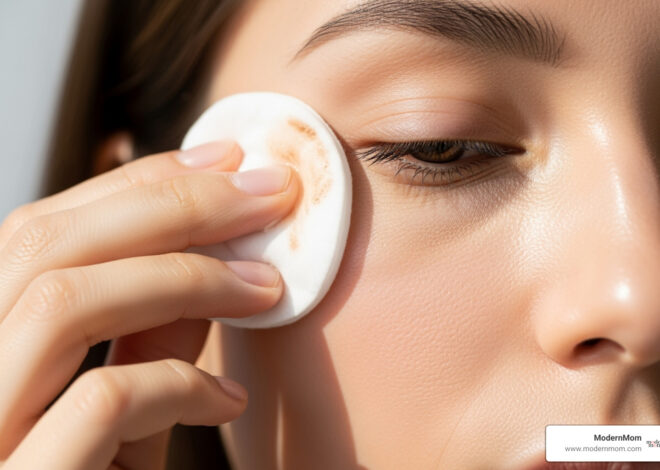Women make up 40 percent of hair loss sufferers, according to the American Hair Loss Association. Androgenetic alopecia, or pattern baldness, doesn’t affect only men — it can affect women as well, resulting in a diffuse pattern of hair loss. Women have far fewer options than men when it comes to hair growth treatments that are proven to work. Because hair loss can be triggered by other causes, such as stress, an underlying medical condition, or use of certain medications, the hair growth treatments on the consumer market may not work for you.
Minoxidil – 2 Percent Solution
The only hair growth treatment approved by the U.S. Food and Drug Administration for women is 2 percent minoxidil, which is sold under the trade name Rogaine. Minoxidil started out as an oral medication used to reduce high blood pressure, but when it was noted that hair growth was a side effect of using the drug, it was developed into a topical solution. Minoxidil 2 percent solution is available without a prescription. According to the American Hair Loss Association, minoxidil yields far better results in women with androgenetic alopecia than in men with this condition.
Minoxidil – 5 Percent Solution
A stronger version of minoxidil is approved by the FDA to treat hair loss in men. But if your doctor approves, you may be able to use it, too. The American Hair Loss Association, citing research conducted on minoxidil 5 percent solution on women, indicates that it gives superior results compared to the 2 percent solution. One unwanted side effect associated with minoxidil of both strengths is excess hair growth on the face and other parts of the body.
Hair Implants
Hair implants may be appropriate for some women with thinning hair caused by androgenetic alopecia, but women with significant hair loss presenting in a diffuse pattern are not good candidates for this procedure. Hair implants are most successful in women and men who’ve lost their hair due to burns, trauma or as a result of a face lift or other cosmetic procedure.
Low Level Laser Therapy
Low-level laser therapy, known as LLLT, initially piqued the interest of the medical community. The treatment evolved after it was noted that some people who received laser treatments to remove body hair experienced superfluous hair growth in surrounding areas of their skin. Yet, very few people who opt for LLLT notice new hair growth, and the American Academy of Dermatology indicates that although LLLT treatments may be refined in the future, the technology hasn’t lived up to its promise.
Other Oral Medications
Certain prescription drugs may be used as an “off-label” treatment for women’s hair loss — that is to say, the FDA has not approved the medication for that express purpose. Among these medications are spironolactone, oral contraceptives and hormone replacement therapy. One oral medication approved by the FDA to treat hair loss in men, finasteride, may be used as a hair regrowth treatment for women, even in higher doses, according to the American Academy of Dermatology.
First See Your Doctor
If you suffer from hair loss, don’t self-treat. Thinning hair may be indicative of an underlying medical condition that requires treatment, such as polycystic ovary disease, thyroid disease or anemia. Stress, crash dieting and sudden weight loss can cause a temporary type of hair loss called telogen effluvium, which resolves on its own once the cause of the problem is no longer present. Your doctor has the diagnostic tools at his disposal to accurately determine the cause of your hair loss and recommend the treatment that’s best for you.





